5 tips on How to make learning at home a family adventure
Learning at home is a family adventure – 5 tips
Author: Heather Welch, International Brand Manager, Edx Education
We’re all embarking on a new adventure right now, and we have to do this together as a family. Learning at home may feel like it consumes so much time, but we should put it into perspective: on average in the UK, children
only spend a fifth of their waking hours at school. The rest of the time is available to be spent with family, friends and the external environment outside a classroom. So, in this new world of learning at home, as parents and caregivers, we are able to supercharge their non-classroom experience and complement the school-time learning.
Here are 5 tips for going on an adventure as a family:
– Self-motivation.
The positive energy around the things that a child enjoys will make life easier for all. In the early stage of motivating your children, one of the most important things is following the lead of their interests whether it be cars, books, blocks, colours, shapes, gardens, dinosaurs… So take the time to watch your child play as this is where the adventure begins.
– Experience.
Knowledge is taught from the curriculum at school however our own experience is the most important way to impart this, we refer to it as experiential learning. Children are naturally curious about the world surrounding them. Make it a fun, hands-on and engaging experience; look at nature, explain lifecycles, look at the numbers around you and what they are used for. What is a postcode used for, letterbox numbers, money, supermarkets? Then discuss what they do and how it benefits us in everyday life…
– Play.
There are many key foundation skills developed through play-based learning. Watch as your child build’s a tower or is playing with water in the bath, look at their facial expressions are they focused, curious, engaged or are they frustrated as it isn’t going their way? A child’s imagination is sparked by play they enjoy exploring and experimenting. We refer to it as learning without realising or learning through play. To encourage this at try using open-ended & design thinking toys (say, rainbow pebbles or construction blocks) to encourage problem-solving. Prompt your children by asking questions or giving them themes for example build the tallest tower, design transport or animals and so much more.
– Prior preparation.
When children are not in the mood to play independently, you can set up simple play activities: setting up animals “in a jungle” to complement a book you are reading than talking to them about the story, prompting them to use their imagination. It may be child’s play, but simple ideas can have a ripple effect on young imaginations.
– Managing expectations.
Families in this current environment have very busy schedules with work, after school activities and family commitments. However, it’s important to take the time to spend with your child each day. Let them know when you’ll be able to be with them.
To set up a play activity after school or talking to them about their day, having a meal together, reading a book or taking time out and watching them, prompting their play with open-ended questions; to read a book before bed is an experience for our children, helps develop speech & language, makes them curious and gives us time to connect.
Going on this adventure as a family will foster children to love learning not only at school, in any environment, they will embrace situations with confidence and develop into lifelong learners and leaders!
At Edx Education we encourage play-based learning for children in the early years focusing on learning through play in a fun and interactive way.
Happy Home learning!

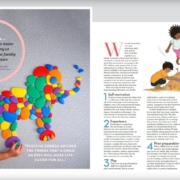 Edx Education
Edx Education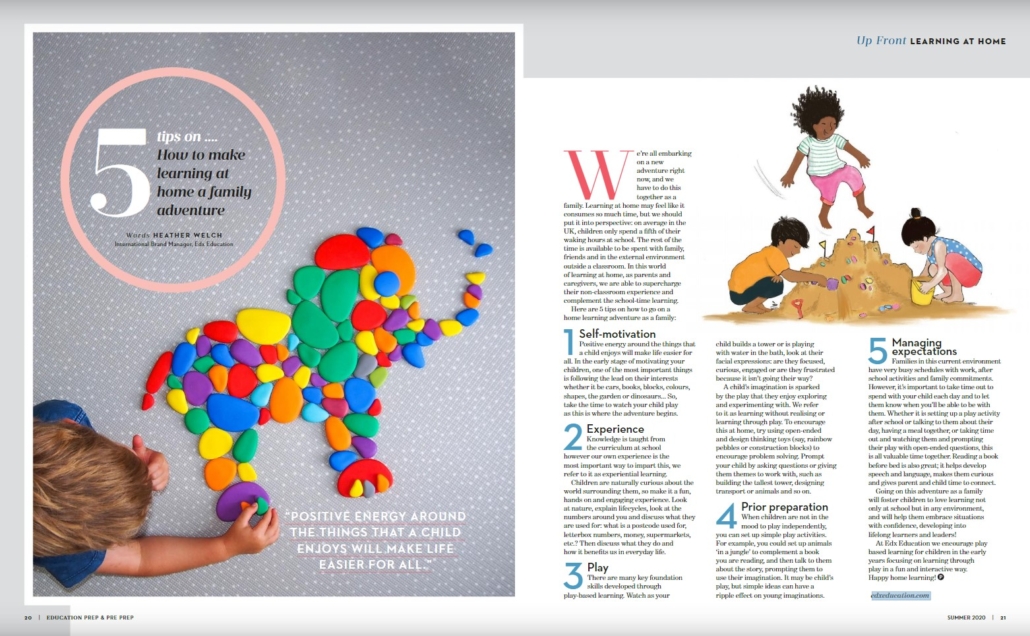
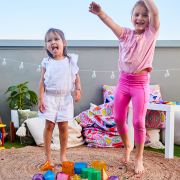 edx education
edx education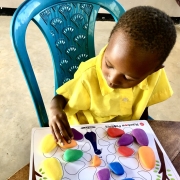
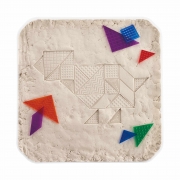 Edx Education
Edx Education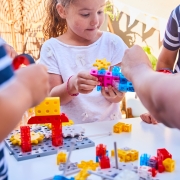 Edx Education
Edx Education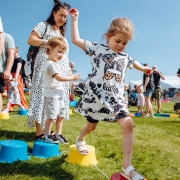 Edx Education
Edx Education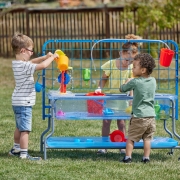
 Edx Education
Edx Education Edx Education
Edx Education